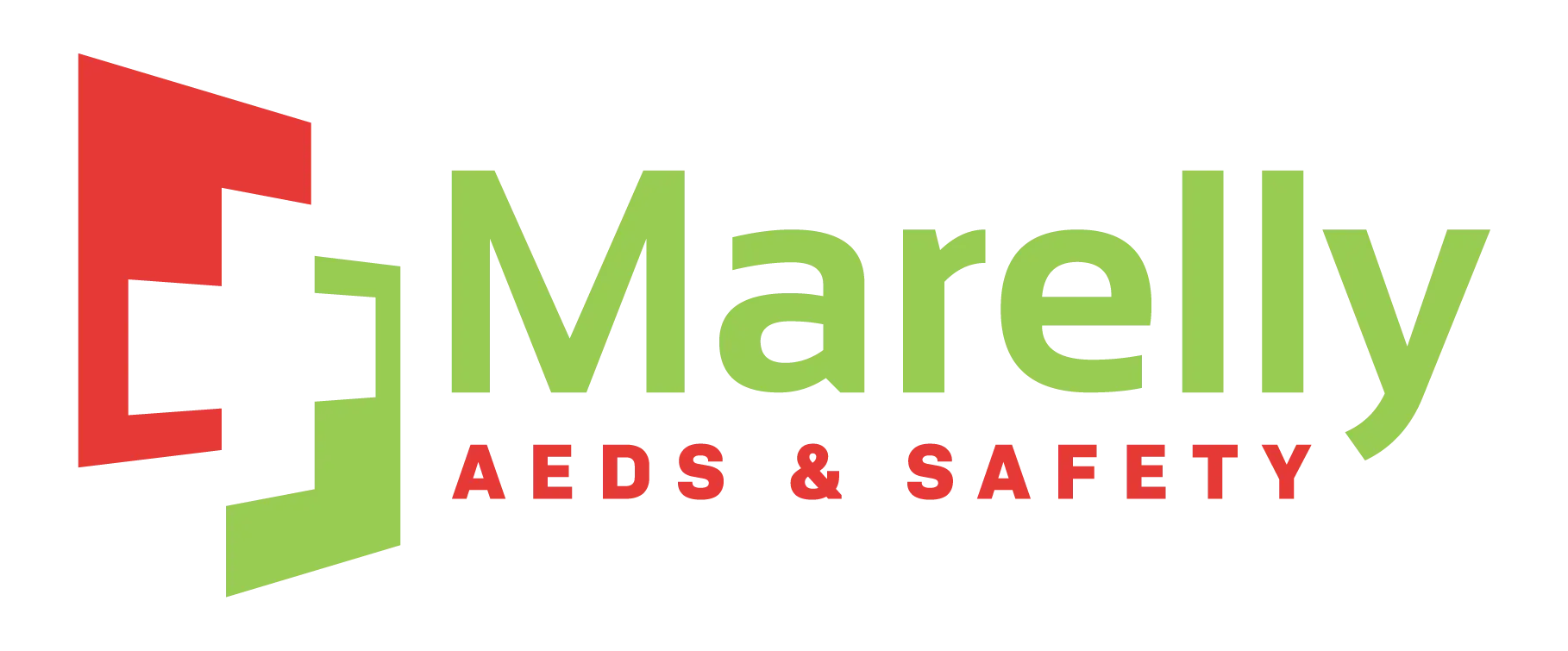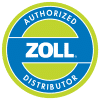SCA, also known as sudden cardiac arrest, is one of the leading causes of death in the United States. In fact, SCA is responsible for the deaths of over 350,000 people every year.
Because October is National Sudden Cardiac Arrest Awareness month, it is important that we learn more about SCA, the warning signs and symptoms of SCA, and how to prepare for it.
Do you want to learn more about SCA and how things like AEDs can keep you safe? Keep reading this guide to sudden cardiac arrest for more information.
What Is SCA?
SCA is also known as Sudden Cardiac Arrest. Essentially, it is the sudden stopping of the heart and will often result in loss of consciousness and breathing.
Usually, SCA is triggered by an irregular heartbeat, also known as heart arrhythmias. Because it is so sudden and appears without warning, it is often fatal, especially when it occurs outside of a hospital.
Immediate help is critical.
Warning Symptoms and Signs of SCA
One way to protect yourself from SCA is to recognize the signs and symptoms of sudden cardiac arrest.
In most cases, there are no warning signs for SCA, but some people will experience pain in their chest, irregular heartbeats, and difficulty breathing. The most common indications of SCA include suddenly collapsing, stopping breathing, and loss of consciousness.
If you notice someone experiencing these symptoms, seek help for them immediately.
The Differences Between SCA and a Heart Attack
Many people falsely assume that sudden cardiac arrest and heart attacks are the same things. While both problems can cause your heart to stop, they occur for different reasons.
A heart attack is typically a problem with your blood flow. If you have a buildup of fat, cholesterol, or other types of buildup, they can form plaque in the arteries that lead to your heart.
When your blood flow is interrupted, it can damage your heart and may be fatal.
SCA differs from heart attacks as they are electrical problems with your heart. When the rhythm of your heart is interrupted, your blood does not flow regularly to other parts of your body.
When your brain, lungs, and other organs do not have access to your blood, you will lose consciousness and may die without immediate treatment.
Heart attacks can and sometimes do lead to SCA. When your heart is damaged from a heart attack, you may experience sudden cardiac arrest during your recovery.
What to Do if You Suspect SCA
If you suspect that someone is going through sudden cardiac arrest, it is vital that you immediately call 911 to get medical attention. Without treatment within the first few minutes of SCA, the odds are not too good.
After you have called 911 and emergency medical services are on their way, it is vital that you get an AED, also known as an automated external defibrillator, and begin CPR.
Your 911 operator can even walk you through the steps of what to do to help whoever has had a sudden cardiac arrest.
Some common AED locations include public places like offices, schools, malls, and even grocery stores. AEDs are often used in conjunction with CPR or chest compressions.
An AED will restore a normal heart rhythm for those experiencing sudden cardiac arrest. Then, you can maintain this rhythm with high-quality CPR with a ZOLL AED.
How to Prepare for SCA
Because sudden cardiac arrest appears without warning, it is important to learn all we can to prepare for sudden cardiac arrest and other emergency situations.
One of the first things to do is identify any AED locations in places you frequent. For example, you can find AEDs at your workplace, regular grocery store, and even your school.
Next, it is important that you identify risk factors for sudden cardiac arrest. Recognizing these risk factors will help you understand whether or not you are at risk and can help you identify changes you need to make in your life.
First, some heart conditions can lead to SCA. These include a heart attack, coronary artery disease, enlarged heart (cardiomyopathy), long QT syndrome, or even congenital heart disease.
Other risk factors include a family history of artery disease, high blood pressure or cholesterol, an inactive lifestyle, or other diseases like obesity and diabetes.
If you have any of these risk factors, understanding the signs and symptoms of sudden cardiac arrest can help you get the help you need before it is too late. To be properly prepared for SCA, you also need the proper tools to help.
Learn More About AEDs and Tips for Cardiac Safety
Because sudden cardiac arrest comes on with little or no warning, it can be difficult to be prepared. However, by learning more about this health issue that affects so many people, we can recognize the potential signs of SCA and be prepared to act.
If you own a business or other organization, it is vital to purchase AEDs for emergency situations. These devices have become a standard of care and expectations to have one have certainly increased substantially over the past 20 years.
Are you looking for a ZOLL AED and other safety devices to be prepared in emergencies? Marelly can help! We provide AEDs and other safety products that can keep you and others safe.
Contact our team today to learn more about our safety devices and to see how you can stay informed during National Sudden Cardiac Arrest Awareness Month.


